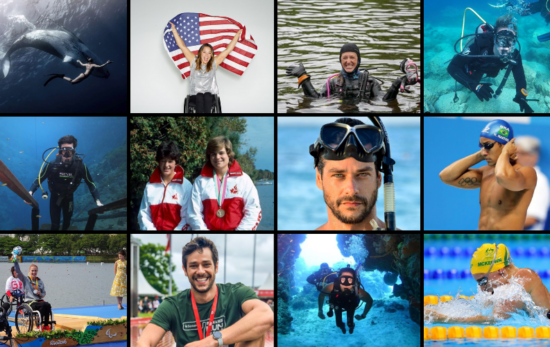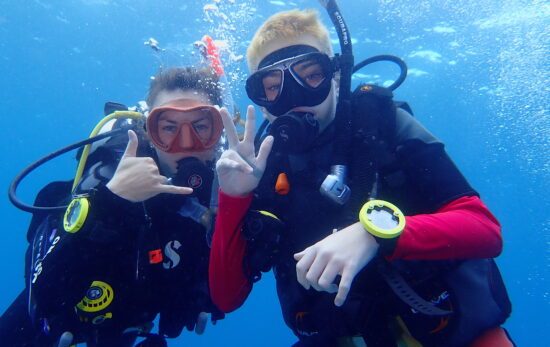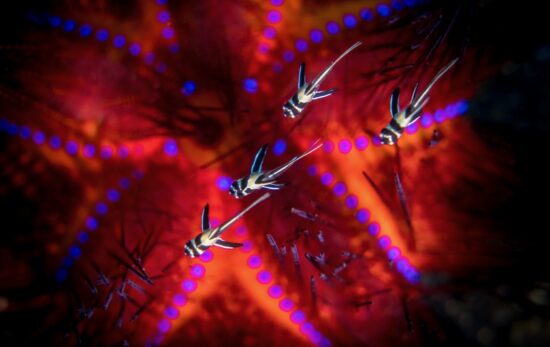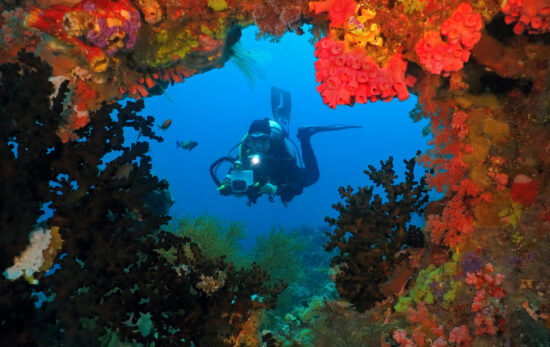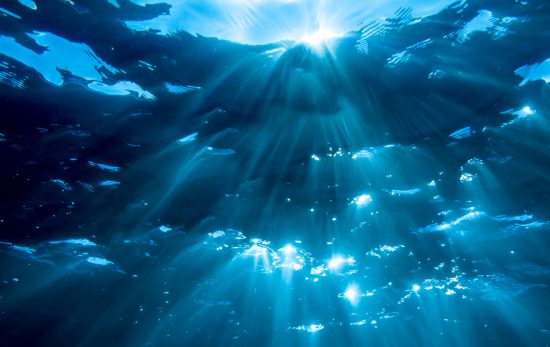Are you an Underwater Photographer?
Whether you’re a professional photographer, part-time GoPro user or recently earned your PADI Digital Underwater Photography Specialty, you have a role to play in conserving our ocean’s most iconic species.
The first step in effectively conserving marine wildlife is establishing a clear understanding of the state of each species. That is, the population size and trends, regional and global spread as well as what challenges they face.
As iconic but threatened marine species – like turtles, whale sharks and manta rays – live in the ocean, most studies rely on a small handful of scientists heading out on a boat to identify specific individuals and track them over distance and time. As any diver hoping to see a shark or other megafauna species will tell you, this can often come down to pure luck, require patience and become expensive in no time. Not exactly ideal when the clock is ticking to get cracking with conservation measures.
Conveniently, many megafauna species such as mantas and whale sharks have natural spot patterns (‘fingerprints’) that don’t change significantly over time and allow scientists to identify each individual using photographs. Still, the resources needed by scientific organizations to gather photographs quickly and at scale can be prohibitive. This is where PADI Torchbearers come in.
One of the best things about photographic identification, is that non-scientists can contribute to photo ID databases as well. Receiving photographs from diver and snorkeler ‘citizen scientists’ provides substantial additional volunteer manpower and vastly increases data volumes, allowing scientists and conservation organizations to learn more about each species in shorter time-frames. What does that mean? It means more conservation measures, faster.
Here’s X marine megafauna photo ID databases who need your photos:
MantaMatcher
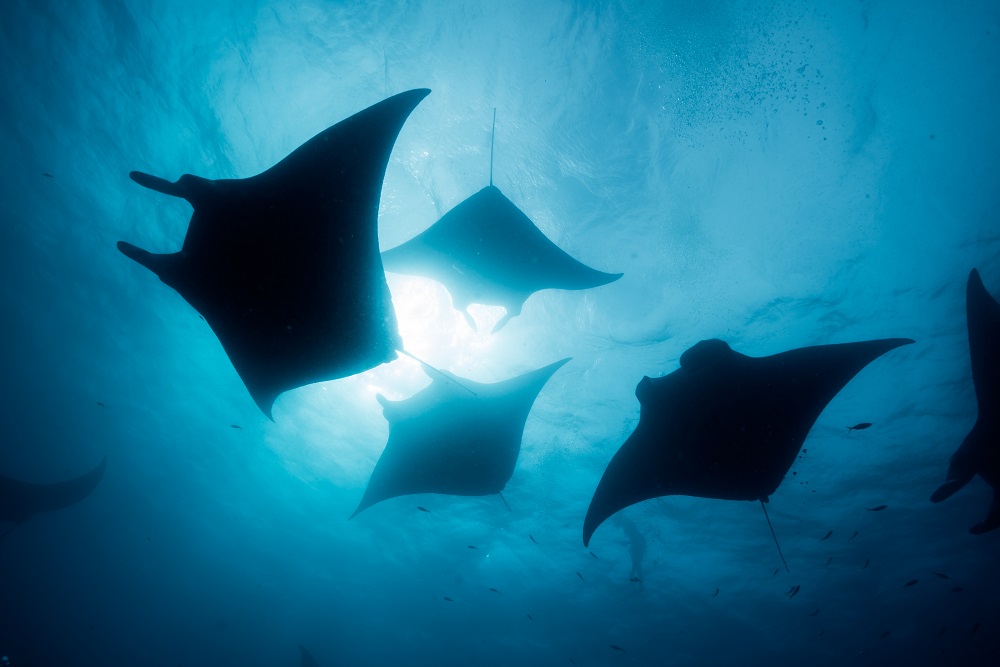
The Marine Megafauna Foundation launched Manta Matcher in 2012, the world’s first automated online manta ray database, enabling them to produce estimates for monitored regional populations.
Wildbook for Whalesharks
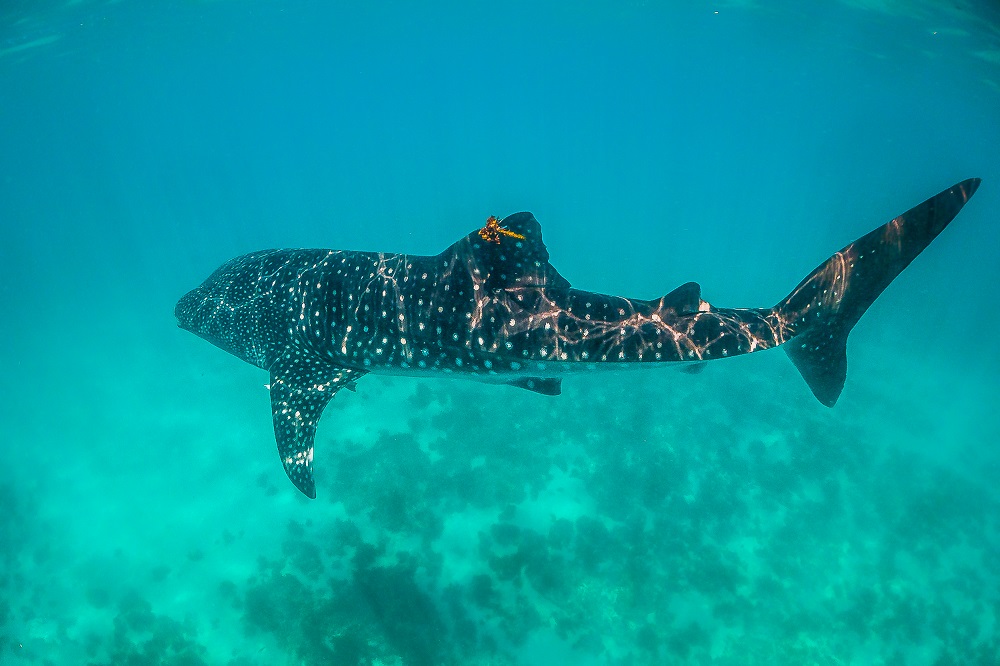
After the success of MantaMatcher, the MMF launched The Wildbook for Whale Sharks with over 35,000 sightings reported to date.
Large Marine Vertebrates Research Institute Philippines (LMVRI)
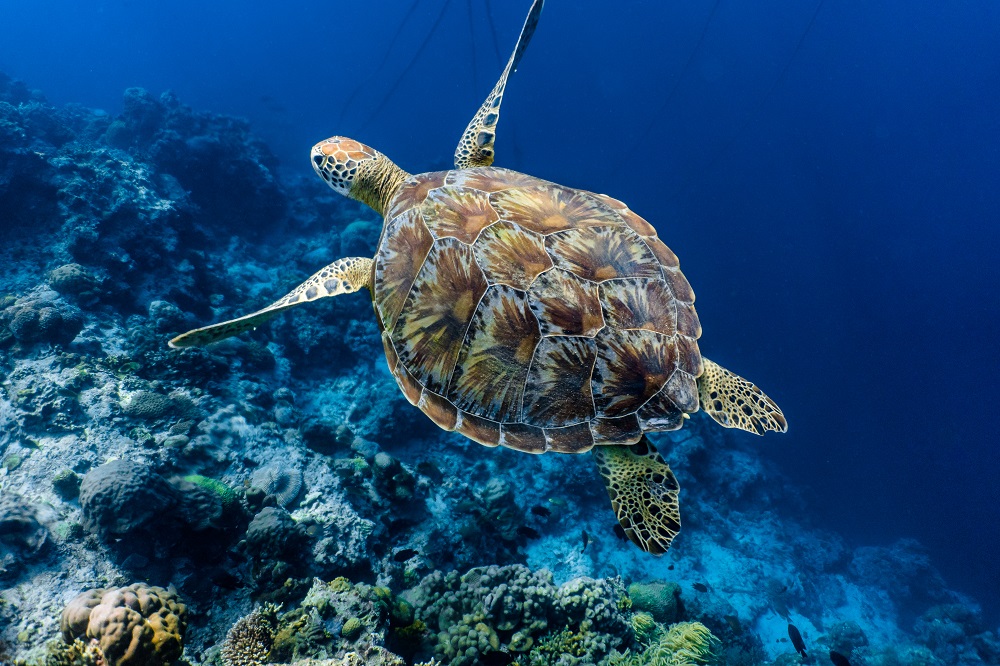
Calling all divers from or visiting the Philippines! The LMVRI would like to receive your photos of turtles, whalesharks and manta rays. So far, divers and snorkelers have helped identify 1,272 endangered Green and Hawksbill Turtles across the Philippines.
ID the Manta
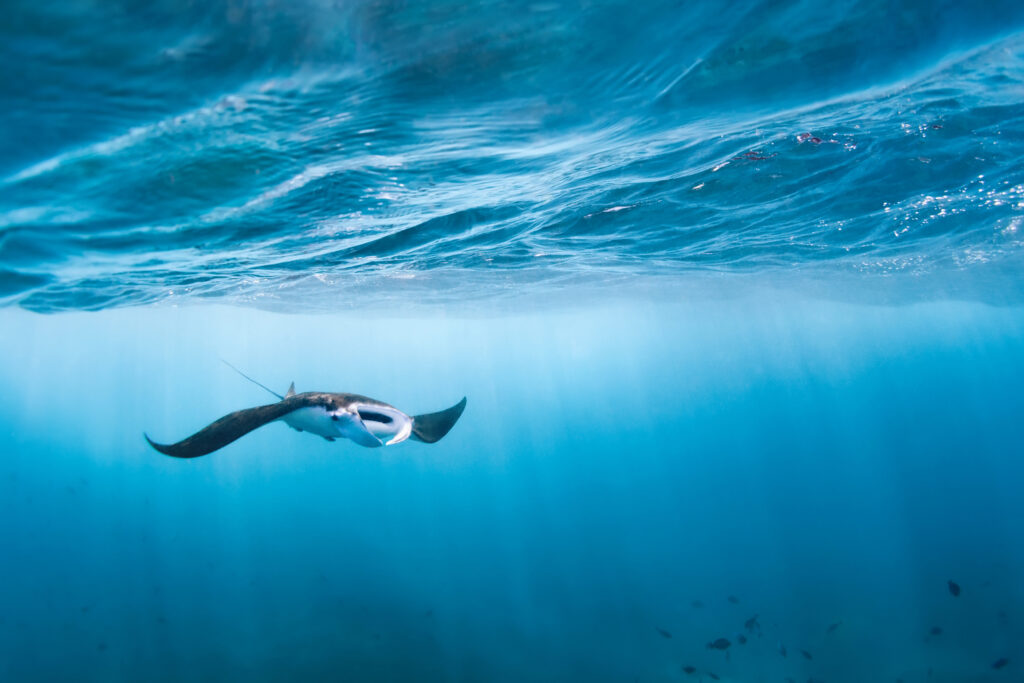
If you have seen a manta ray anywhere in the world, you can contribute directly to Manta Trust’s global research and conservation efforts. Submit your images and some basic information about the sighting to the ID the Manta database, and you’ll receive feedback about the individual manta you encountered.
Marine & Freshwater Institute’s Humpback Whale Catalogue
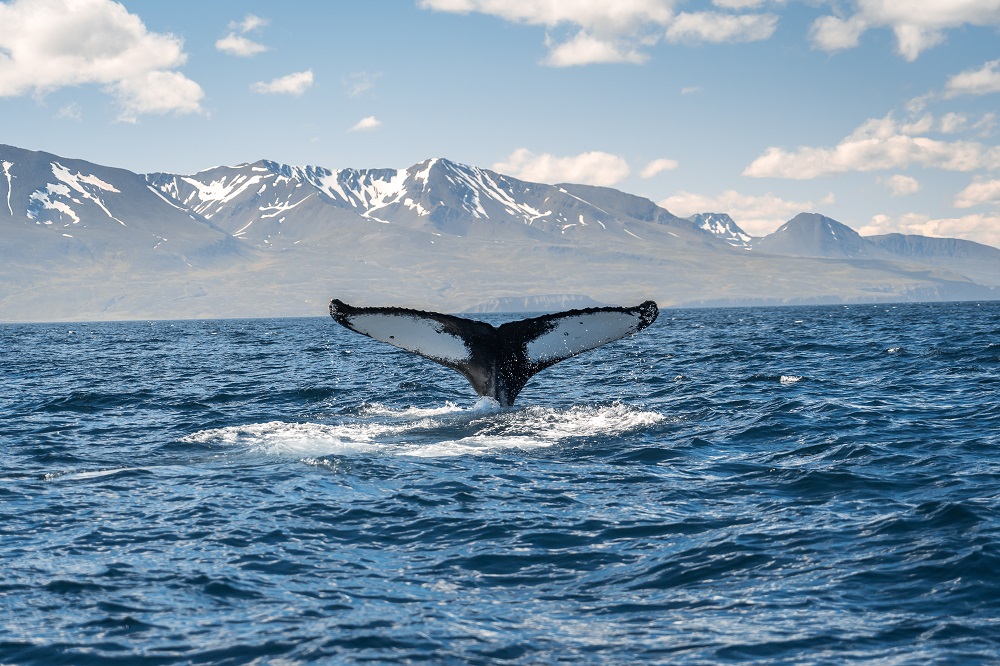
Focussed on Iceland, but requesting photographs of humpback whales from anywhere in the world, the Marine and Freshwater Research Institute’s database dates back to 1980! If you have humpback whale photos, with information such as date and location of the sighting, please share them.
Ocean Sunfish Research Trust
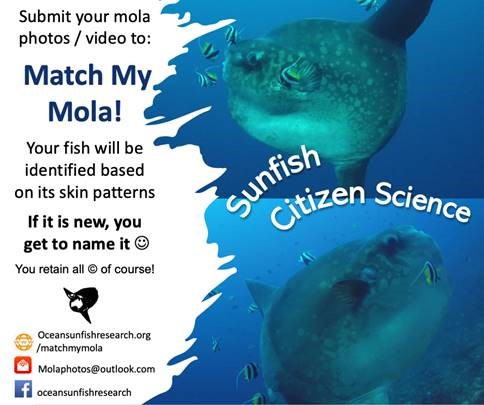
Want to name a Mola-Mola (Ocean Sunfish)?! And help out with Mola Science?
Upload your photos and/or footage to the ‘Match My Mola!’ database.
Your Mola will be ID-ed based on its skin pattern. If it’s new, you get to name it!
You retain copyright. Your photos will not be used for any other purpose than research without your permission.
PADI AWARE Foundation’s Shark Photo ID Database
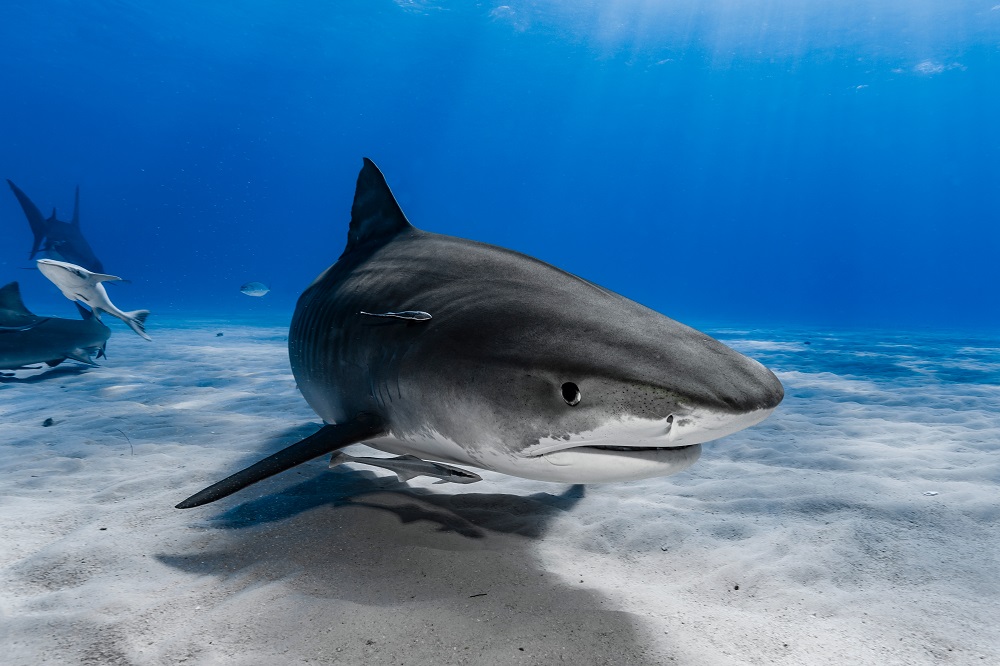
***COMING SOON***
To advance the Blueprint for Ocean Action and protect 20 vulnerable shark and ray species by 2030, PADI AWARE Foundation is developing a global citizen science program for divers to report shark sightings. Combining PADI Diver’s passion for sharks with the proven success in the citizen science model used for the global Dive against Debris program (responsible for the world’s first scientific paper assessing seafloor debris), we expect great things to come!
Do you know about any other Photo ID databases that need divers help? Share them with us on social, or email us at [email protected].

